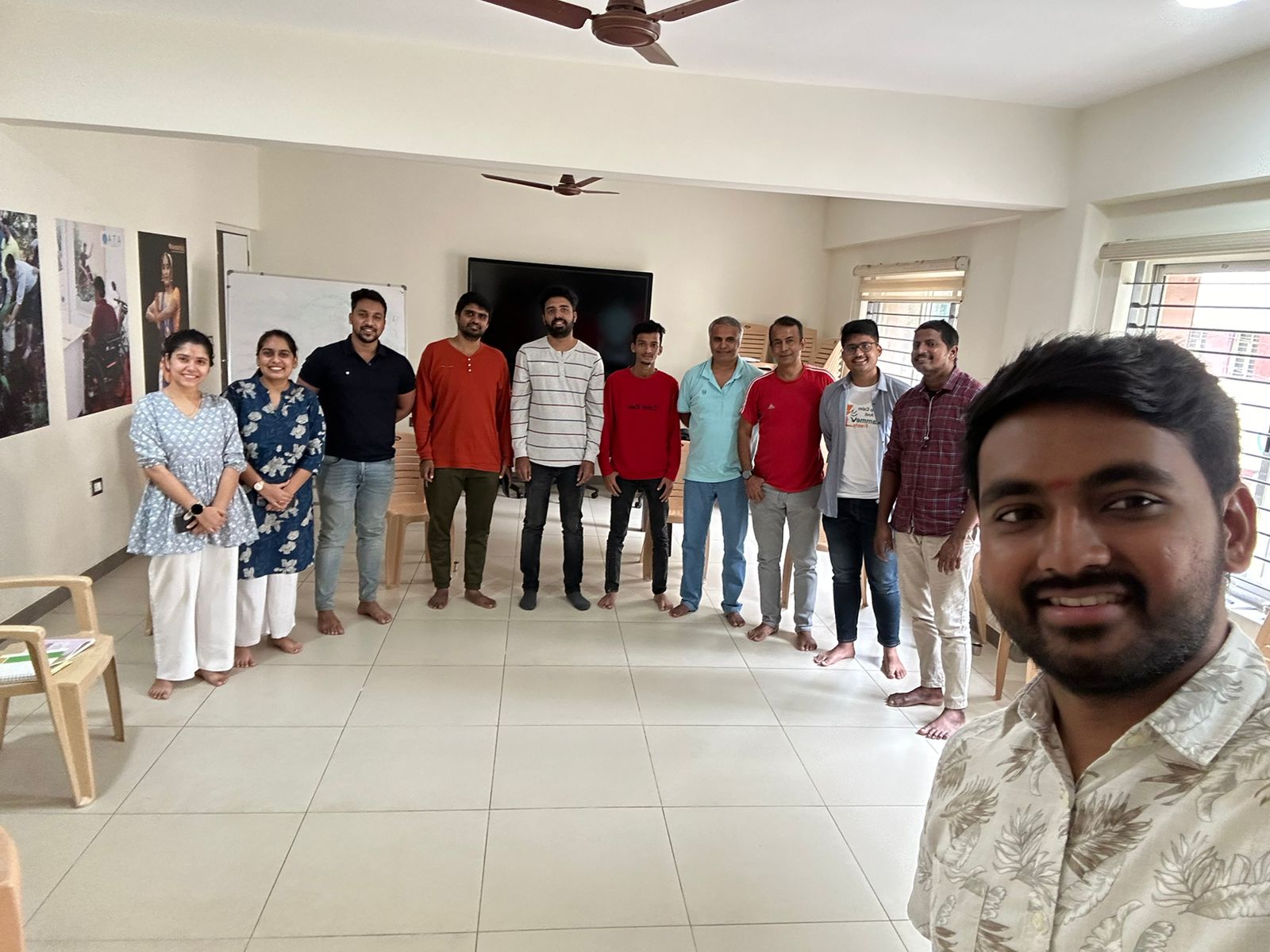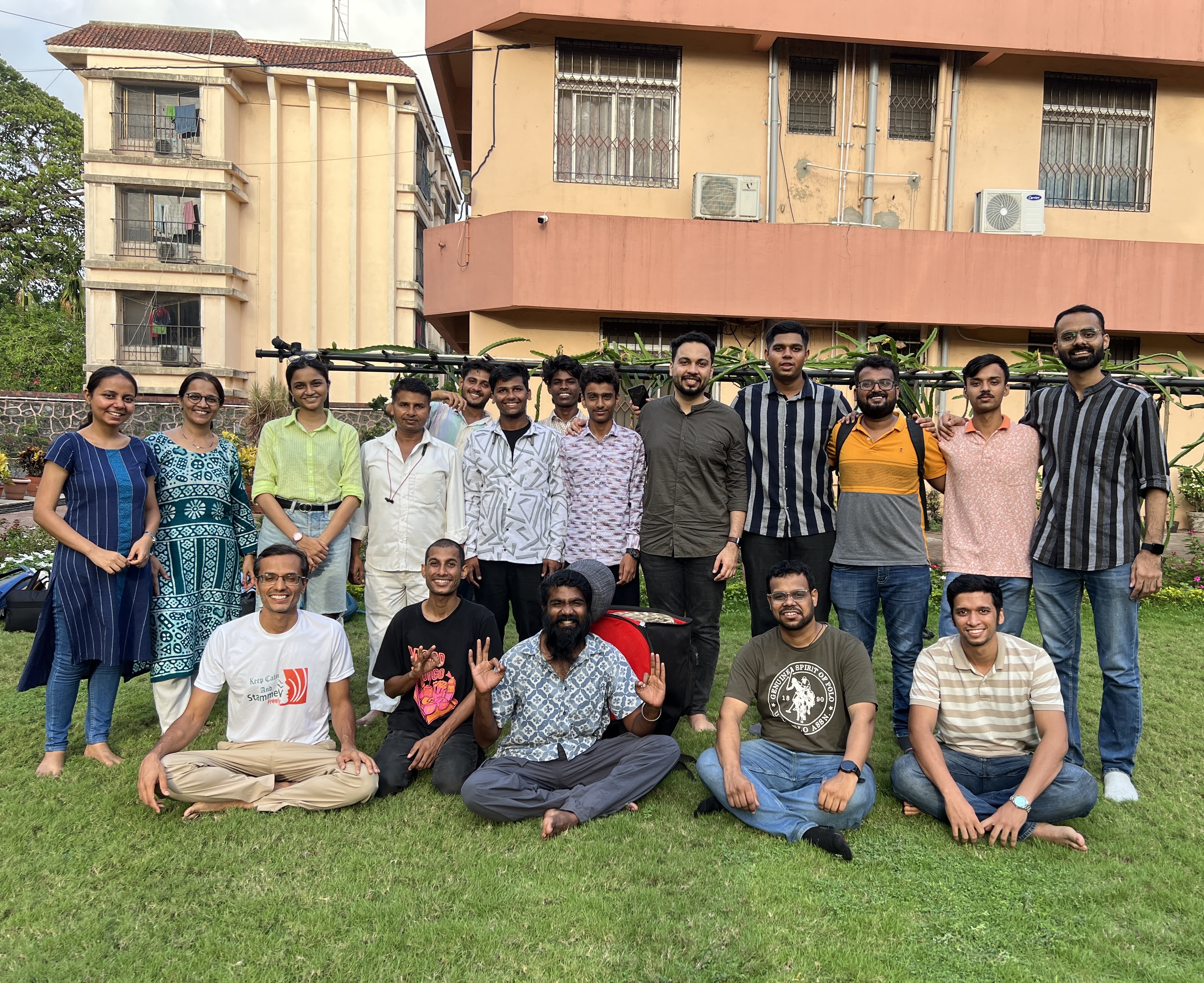A Few Quick Words is an assortment of articles, speeches and memoirs that I have written over the years as one of 70 million people worldwide who stammer, a campaigner, and most recently co-founder of the UK Defence Stammering Network. My aim is to tell the 99% of you with fluent speech about the reality of stammering, its causes, and why it creates enduring challenges in childhood and on into adulthood, employment and relationships.
If you have only ever known complete control of your speech, then it may be difficult for you to imagine the twists and turns of life with an unpredictable speech pattern. Yet in my experience, a stammer is mentally and psychologically hard work, and particularly in earlier life. So my underlying message is that society should celebrate the miracle of human speech, and relax its expectations of fluency – in all walks of life.
Just as speech is a salient feature of work, love, polite conversation, first impressions, last impressions, selection interviews, competition, displays of empathy and superiority, and so much more, so too does a stammer. It comes with a stigma that is deep, ancient and mostly silent, creating strong yet destructive incentives to hide, and hiding a stammer is difficult.
Week by week, stammering doesn’t get much public attention. Then suddenly it spikes: witness Gareth Gates’ rise to fame on Pop Idol in 2002; David Seidler’s film The Kings Speech in 2011; Musharraf Ashgar’s appearance on Channel 4’s Educating Yorkshireseries in 2013; and the ITV School for Stammerers documentary earlier this year. Yet such coverage tends to portray not how people manage or cope, but the golden journey to overcoming, conquering, beating and curing. This is wonderfully uplifting, but does little to accentuate the reality of a speech pattern that is not in fact curable.
Society doesn’t talk about beating or conquering dyslexia, autism, or Asperger’s, despite being rooted in the neural pathways as is stammering. Yet while these neural differences are accepted for what they are, stammering is treated differently, as something nervous, habitual or intellectually-challenged, something to be removed or avoided. I have always wanted to help change that perception.
So in 2013 I set up the Defence Stammering Network for military personnel and civil servants with my friends Emmanuel Ottih and Jimmy Lang. This has since led to many speeches, articles and blog posts, but each time for a relatively select audience. So here I have pulled some of this material together for a wider audience. Added to which, in 2002 I penned some brief memoirs about stammering and public speaking, and I have thrown those in as well, to explain my juxtaposing love of public speaking and oracy. My memoirs feel like the work of a young man trying to make light of a serious matter, but at the time I was in a dark place, mentally, professionally and romantically. The novelist Margaret Drabble wrote a foreword. Obviously I have included that as well.
You may judge that I am making Everest out of an unremarkable molehill. That’s fine, but I will continue to ensure that the molehill is recognised as more than an unsightly blemish for rolling flat and grassing-over. You’ll find that I put less emphasis on the person who stammers, and more on the societal values that shape attitudes and behaviour. To my mind, stammering is as much about the fluency standards set by society, as the failure of individuals to speak flawlessly. Neuroscience and Gestalt theory supports that view.
If you sense sardonicism and sarcasm in my writing, then I make no apology. Society’s knowledge and treatment of stammering – including in employment, schools, broadcasting and government – is frankly immature. In this digital information-rich era of ours, I feel it is long overdue a good forceful prod.
Contributed By:
Walter Scott
Co-founder, UK Defence Stammering Network, and a keen campaigner for a change in social attitudes and awareness in relation to stammering.
Note from Editor: TISA does not endorse the book commercially, but we do support the ideology that Walter Scott and his book, that rather than focusing on fluency, one should look beyond stammering, focus on communication skills and other bigger aspects of life, while ‘celebrating the miracle of speech‘.






